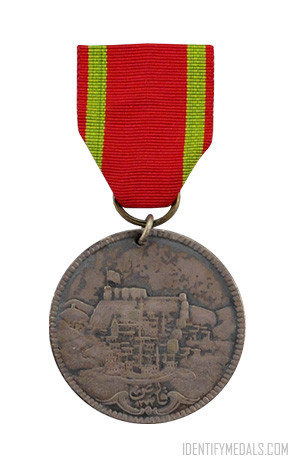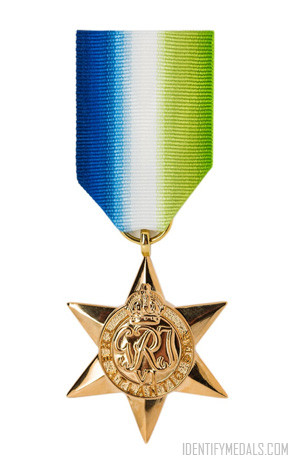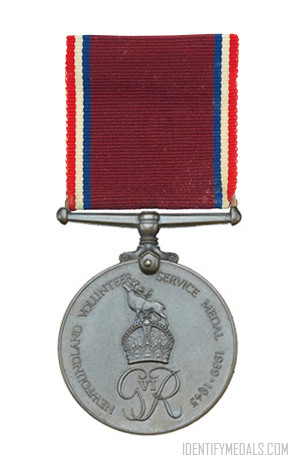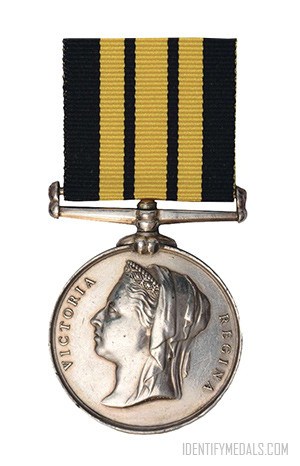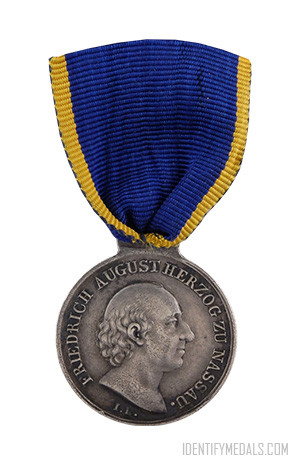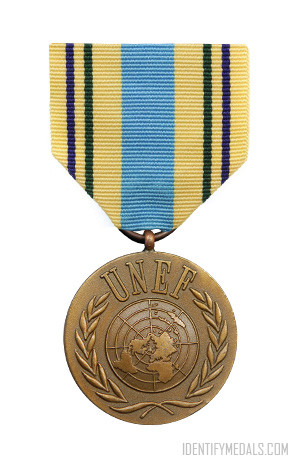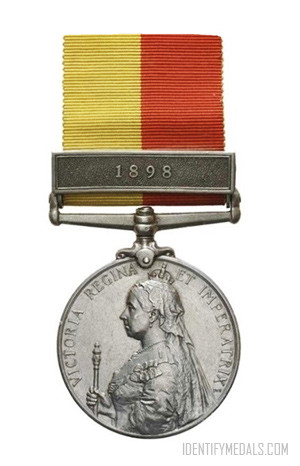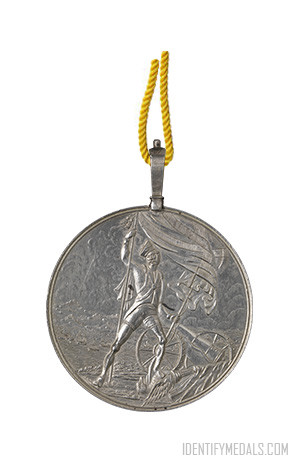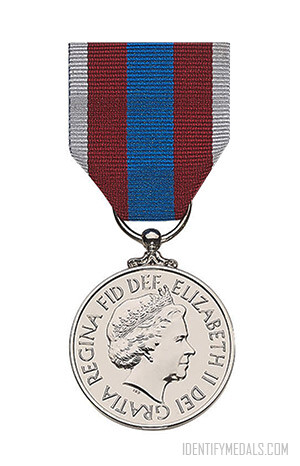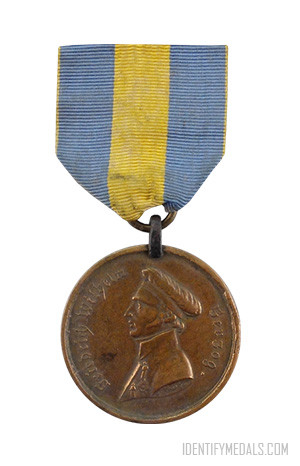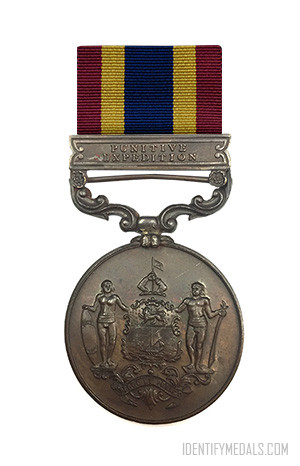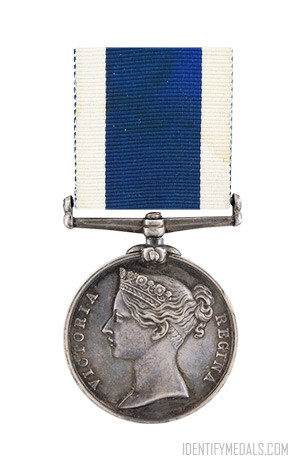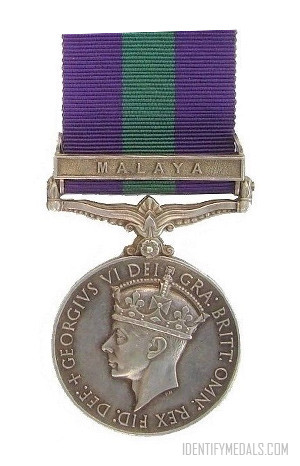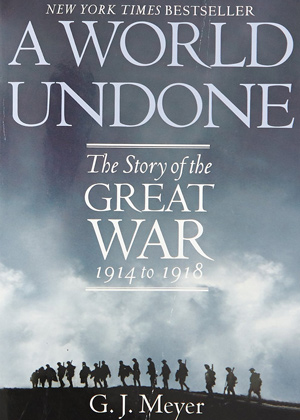- Time Period: Pre-WW1
- Year of Institution: 1855
- Country: Great Britain, Turkey
The Turkish Medal for the Defense of Kars was instituted by the Sultan of Turkey in 1854 and awarded to officers and men of British forces who were present during the siege of Kars by 50,000 Russian troops.
The silver medal was awarded to the British officers present including the British Commissioner, Brigadier General Sir William Fenwick Williams. Lt C. C. Teesdale was awarded the Victoria Cross for his part in the action.
The city of Kars, in north-eastern Turkey, was a possession of the Ottoman Empire between 1378 and 1877. Over the course of the nineteenth century, it became a frequent target of Russian attacks because it was exposed and in a strategic position. Defended successfully in 1821, Kars fell in 1828, but was recovered in time to be a target anew in the Crimean War. The Russians decided as almost the last gasp of the war to open a new front directly attacking the Ottoman Empire. Kars stood in their path, and withstood a five-month siege. Facing winter without resupply, and with snowfall preventing their relief, the garrison surrendered on 26 November 1855.
The medals were issued unnamed.
The Turkish Medal for the Defense of Kars Design
The medal is circular and struck in gold or silver. It measures 36 mm in diameter.
The obverse shows the tughra (cipher) of Sultân Abdül-Mejîd I within a wreath. The reverse bears a flag flying from the citadel and an inscription in Turkish reading: “Kars 1272 AH (1855)”.
The medal is pierced for ribbon suspension with a ring and flat suspension bar.
The ribbon is crimson with green edges.

